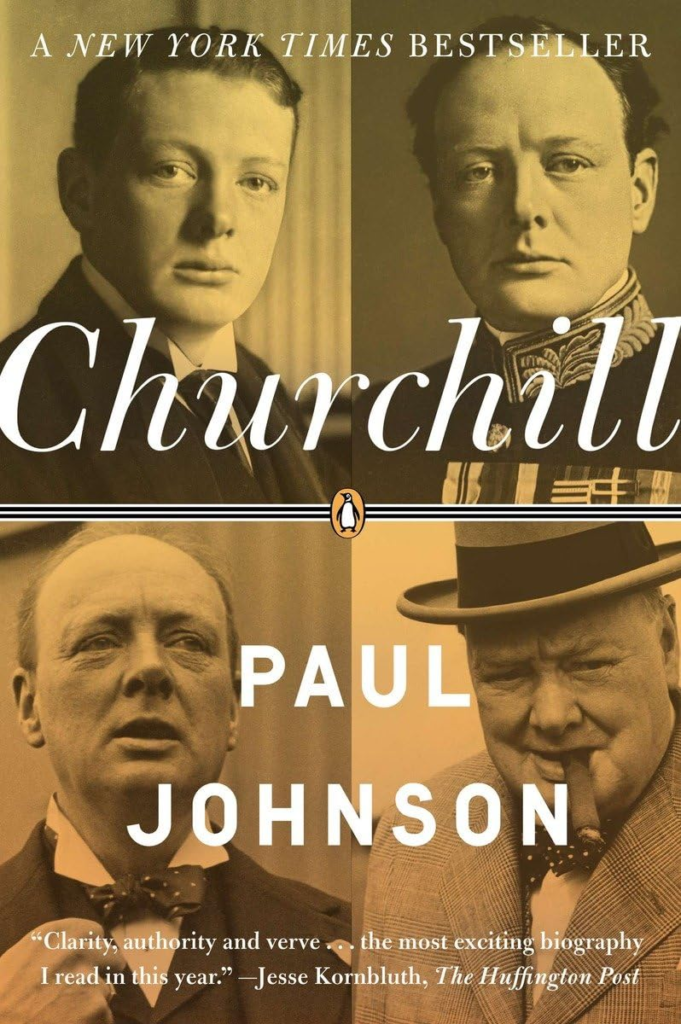

This might be just the boost you could use today.
I think quite a bit about my customers, the folks I am honored to serve. Because of my chosen specialty, I realize that many of them are going through or have been through a painful divorce - more devastating than the death of a loved one, many say.
I am no stranger to grief. My oldest of two sons, Zack, passed away just one year and eight months ago (Feb 24, 2023), leukemia robbing him of healthy blood cells. I didn’t know that there was a place so deep in my soul that could feel such pain. Many of you have walked this valley. My wife and I often remark to each other that there are many people, the world over, who experience crushing heartaches that would make our difficulties mild by comparison.

Whatever you’re feeling right now, just maybe, this might be just the boost you could use today.
Winston Churchill
It was commonly accepted after the death of Sir Winston Churchill (January 24, 1965) that he would be considered the most important man of the 20th century. Not even Ronald Reagan – who won the “cold war” that Churchill had been the first to define - would cast a shadow that could eclipse Mr. Churchill. [I now possess and continue to grow Zack’s collection of Churchill books.]
Paul Johnson’s short biography, “Churchill” (pub. 2009) was, as usual, a rewarding presentation of this important and delightfully curious figure of history. But, it was Johnson’s extraction of the five lessons Churchill’s life that impacted me most powerfully this morning as I finished the book. [https://a.co/d/fHvRHuq]

Before the lessons, and just so you know, Churchill’s activities and accomplishments were dizzying in their scope. Here is Johnson’s summation.
In his ninety years Churchill had spent fifty-five years as a member of Parliament, thirty-one as a minister, and nearly nine years as prime minister. He had been present at or fought in fifteen battles, and had been awarded fourteen campaign medals…He had been a prominent figure in the First World War, and a dominant one in the Second. He had published nearly 10 million words, more than most professional writers in their lifetime, and painted over five hundred canvases, more than most professional painters. He had reconstructed a stately home and created a splendid garden with its three lakes, which he had caused to be dug himself. He had built a cottage and a garden wall. He was a fellow of the Royal Society, an Elder Brother of Trinity House, a Lord Warden of the Cinque Ports, a Royal Academician, a university chancellor, a Nobel Prizeman, a Knight of the Garter, a Companion of Honour, and a member of the Order of Merit. Scores of towns made him an honorary citizen, dozens of universities awarded him honorary degrees, and thirteen countries gave him medals. He hunted big game and won a score of races. How many bottles of champagne he consumed is not recorded, but it may be close to twenty thousand. He had a large and much-loved family, and countless friends.
So now, the five lessons (summarizing and quoting from Johnson).
The first lesson is to always aim high. Churchill did not always meet his elevated targets, but by aiming high he always achieved something worthwhile.
Lesson number two is: there is no substitute for hard work. He never evaded hard work itself: taking important and dangerous decisions, the hardest form of work there is, in the course of a sixteen-hour day. Or working on a speech to bring it as near perfection as possible. No one ever worked harder than Churchill to make himself a master orator.
Third, and in its way most important, Churchill never allowed mistakes, disaster - personal or national - accidents, illnesses, unpopularity, and criticism to get him down. His powers of recuperation, both in physical illness and in psychological responses to abject failure, were astounding. He was howled down by a united House of Commons in one of the most savage scenes of personal humiliation ever recorded. He scrambled to his feet and worked his way back. He had courage, the most important of all virtues, and its companion, fortitude. These strengths are inborn but they can also be cultivated, and Churchill worked on them all his life. In a sense his whole career was an exercise in how courage can be displayed, reinforced, guarded and doled out carefully, heightened and concentrated, conveyed to others.
Fourth, Churchill wasted an extraordinarily small amount of his time and emotional energy on the meannesses of life: recrimination, shifting the blame onto others, malice, revenge seeking, dirty tricks, spreading rumors, harboring grudges, waging vendettas. There is nothing more draining and exhausting than hatred. And malice is bad for the judgment. Churchill loved to forgive and make up.
[Fifth and] Finally, the absence of hatred left plenty of room for joy in Churchill's life. His face could light up in the most extraordinarily attractive way as it became suffused with pleasure at an unexpected and welcome event. Witness that delightful moment at Number Ten when Baldwin gave him the exchequer. Joy was a frequent visitor to Churchill's psyche, banishing boredom, despair, discomfort, and pain. He liked to share his joy, and give joy. It must never be forgotten that Churchill was happy with people. He was emotional, and wept easily. But his tears soon dried, as joy came flooding back.
I pray that your heart may experience joy that is deeper than your pain and love that is more expansive than your loss.
Never forget – YOU ARE LOVED.
Noel Cookman
October 11, 2024